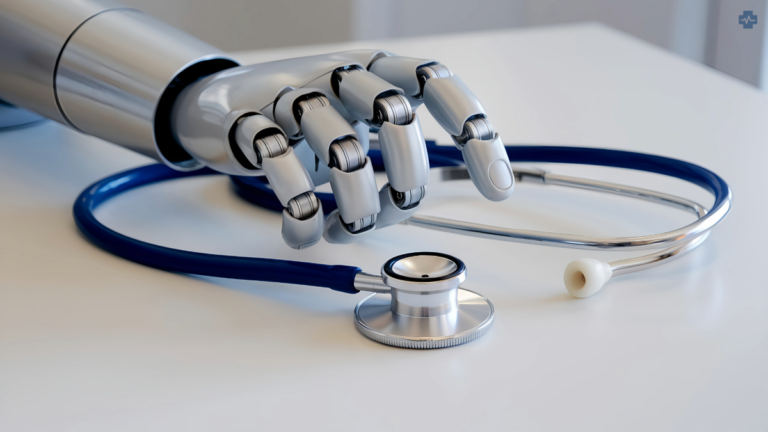A new tool in AI technology developed at the University of Cambridge could make coeliac disease diagnosis instant, impacting the medical well-being of the hundreds of thousands of UK residents living with the condition.
An accurate diagnosis for coeliac disease can take years to secure. However, this tool can potentially diagnose coeliac disease straight away. It is as effective as a pathologist diagnosing the disease, and faster. Furthermore, it has been shown to accurately detect coeliac disease in 97 out of 100 cases, based on biopsy samples.
Coeliac disease is an autoimmune disease which causes a reaction in the body when gluten is ingested. Symptoms range from tiredness, to anemia, mouth ulcers, nausea and vomiting, stomach pain and bloating, and iron or B12 deficiency, among others. Currently 1.4 percent of the population lives with the disease.
AI is impacting the medical profession in unprecedented ways. The algorithms developed by the technology are shedding light on all aspects of medical intervention, from diagnosis to treatment. This is just one of the ways that AI is being used to break new frontiers in medicine.
Science News Today explains that one of the most significant breakthroughs offered by AI is its potential to deliver accurate and fast diagnosis reports.
Medical diagnosis has in the past relied on pathologist’s and doctor’s expertise and training, as well as their intuition, knowledge and experience, to correctly deliver a diagnosis. However, even the most qualified of medical professionals can misdiagnose a disease.
AI, however, allows for algorithm’s which pick up on subtle nuances which professionals might miss. AI healthcare is still quite new and so most people don’t know what to make of it. Wellness expert Dr Leana Wen said in an interview with CNN that there were already well-documented cases in which AI had been used to successfully implement a medical diagnosis.
She said that AI was already being used in colonoscopies for which it was ‘trained’ to find and then flag polyps during a colonoscopy procedure. Partnering AI with colonoscopies in this way minimises the risk of missing serious cancerous lesions during the procedure. Another example of a partnership between AI and healthcare in making a diagnosis, would be AI-supported mammograms.
The potential for AI in the medical profession is endless. The machine learning model, the model which has been used to develop the tool for coeliac disease diagnosis, is able to take an enormous amount of information and process it quickly and efficiently, detecting patterns and valuable information which a human mind is not able to determine. Such information might include medical results, medical histories, genetic profiles, and the symptoms of the patient.
Issues such as ethics, privacy, and safety are among the concerns, as the world embraces a new AI-driven reality. However, for patients yet to be diagnosed with coeliac disease, the implications of this new AI tool could be life-changing.

